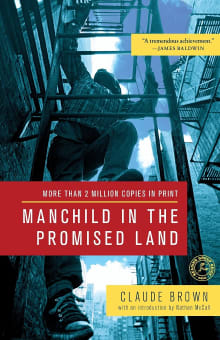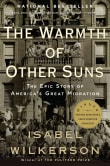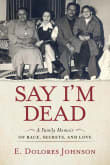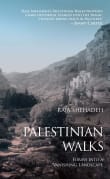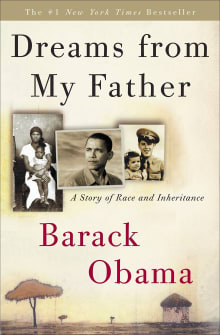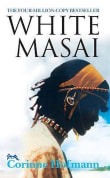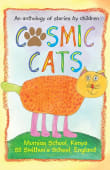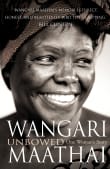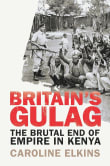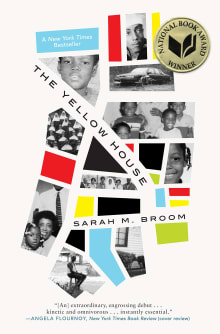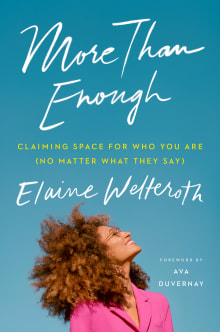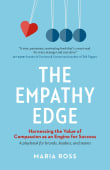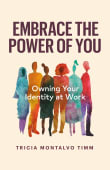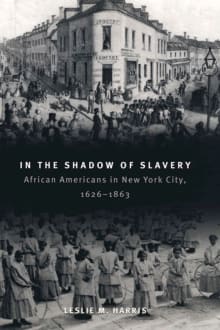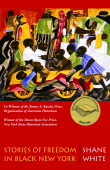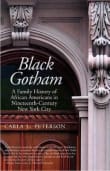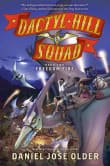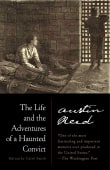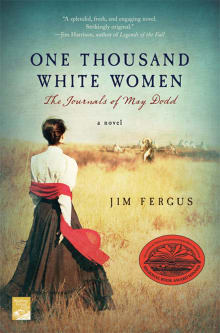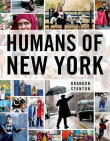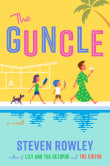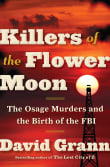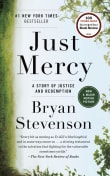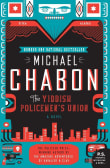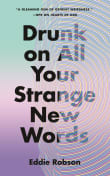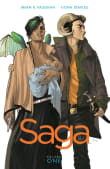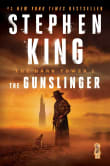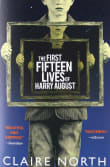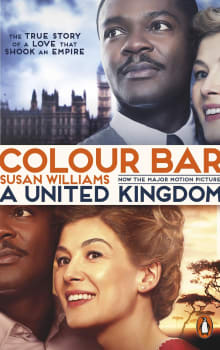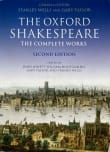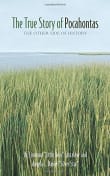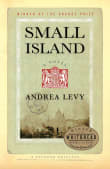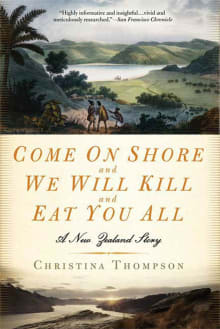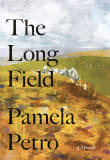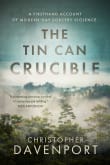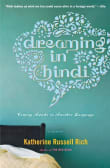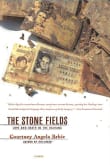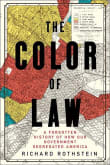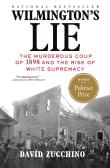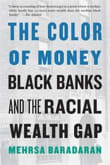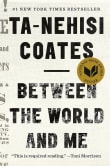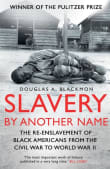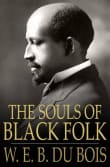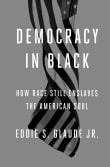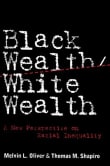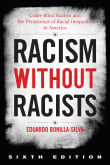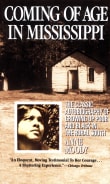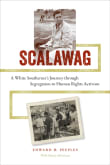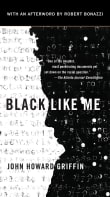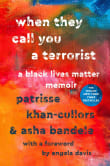
From my list on the experiences of Black people in the US that white people don’t know but should.
Why we are passionate about this?
We grew up in predominantly white communities and came of age during the Civil Rights and Black Power movements. As academics, we focused on issues of race in our research and teaching. Yet, despite our reading and writing about race, we still hadn’t made a connection to our own lives and how our white privilege shielded us and made us complicit in perpetuating racial inequities. We didn’t fully see our role in white supremacy until we adopted our sons. Becoming an interracial family and parenting Black sons taught us about white privilege and the myriad ways that Blacks confront racism in education, criminal justice, health care, and simply living day-to-day.
Marlene and Fern's book list on the experiences of Black people in the US that white people don’t know but should

Why did Marlene and Fern love this book?
Although presented as a novel, this book is a memoir of Brown’s life growing up as a Black boy in Harlem in the 1940s and 50s amid poverty, violence, and addiction.
Marlene was in Paris in the summer of 1969 when a young white American man gave her a book to read. Brown’s story smacked me in the face. He lived in an America that was foreign to me—poverty, addiction, violence, incarceration. His experiences growing up on the streets of Harlem were so different from mine in suburban New Jersey.
What I remember most is my wonder at Brown’s description of “conking” his hair—straightening it with chemical relaxers that damaged his hair and burned his scalp. His description has stayed with me for all these years as a reminder of how little I knew and know about the lives of Blacks and their position in a white world.
2 authors picked Manchild in the Promised Land as one of their favorite books, and they share why you should read it.
This thinly fictionalized account of Claude Brown's childhood as a streetwise criminal trying to survive the toughest streets of Harlem of everyday life for the first generation African American raised in the Northern ghettos of the 1940s and 1950s.
